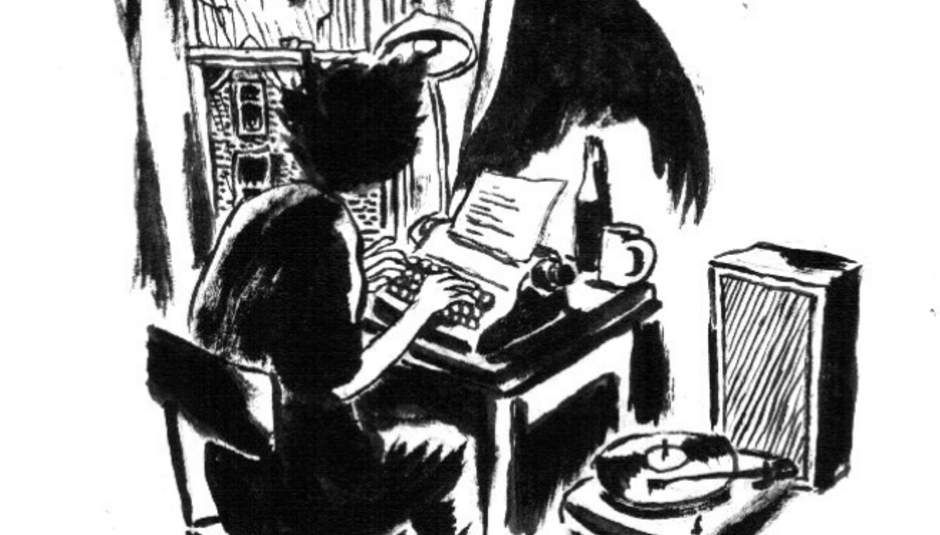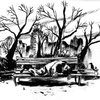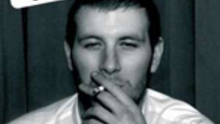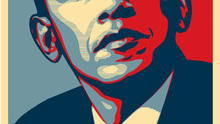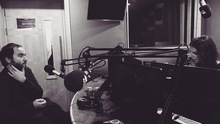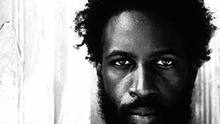My name is Everett True. You probably do not know who I am, so I will attempt to introduce myself.
I released the first record on Creation Records, and then fell out heavily with the label’s founder Alan McGee – so heavily in fact that he was in denial for 30 years he even released a brace of records by me.
I was the first music critic to write about Sub Pop Records, and to this day do not understand why Tad and Dickless didn’t get to be the biggest bands on the planet. Entertainment Weekly reckoned I was “the man who discovered grunge” (1992) but, erm, that would imply that I lifted up a rock and there it was underneath, scuttling busy. Kurt Cobain once called me the “biggest rock star critic in the world”, but he was being sarcastic doubtless. Jonathan Donahue of Mercury Rev called me “our generation’s Lester Bangs,” but frankly I’m better than that.
I founded two self-published magazines in the 2000s — Careless Talks Costs Lives and Plan B Magazine. One sold enough to keep several of us off the dole (just) for several years, the other didn’t. Both were fantastic, mostly down to other contributors aside from me.
I have written several books, a couple of which are still in print (the ones on the Ramones and Nirvana).
The Electrical Storm (illustrations by reclusive French genius Vincent Vanoli) is a collection of stories from my life. A collection of short stories, with the names often omitted because I am intrigued as to whether they stand up without a famous name attached. If you think about them enough, mostly it is fairly obvious who they are about. I have long been a proponent of DIY culture and so, rather than going for the bright lights and big bucks, I am attempting to crowdfund the book via Indiegogo.
Otherwise known as Grunge: My Part In Its Downfall, it's an attempt to recollect a life probably best forgotten, the life of Everett True. Sad racy stories. Downbeat enthusiasm. Funny, cruel, clever, brutally honest … once you’ve read this, you will never be able to take music criticism seriously again. Like you ever did.
If you like the stories that Drowned in Sound are excerpting from the book, imagine another 100 or so, and donate to help get this book published.
The Indiegogo page for The Electric Storm can be found here. He's also started a book company, which can be found here.
Written Out of History: Alan McGee by Everett True
(original interview by Bianca Valentino)
Alan was the reason I started writing about music. Alan is responsible for me being here talking to you today because without him I probably would have faded back very rapidly…maybe I’m doing myself a disservice.
I was massively enthusiastic about music. I would dance down the front of every show I saw, because – like with making music – no one had told me I couldn’t. Everybody did it and if they didn’t, it didn’t matter because everyone would do it the next night, and if they didn’t, it still didn’t matter. It was a way of releasing sexual frustration. It was a way of communicating enthusiasm; it was a way of giving something back to the music. When I met Alan he had these ideas that he was going to make a living from music which was just like…you fucking idiot! He was going to start a club, he was going to start a record label, a magazine. For a short but crucial period of time I was his closest collaborator. I’d be around his house, staying on the floor, talking to him until three or four in the morning, three or four nights a week. We’d get up three hours later to go to our day jobs. He started his club and got me to be the compère which he thought was hilarious because I was the shyest person he’d met. He started the record label because he liked what I was doing with the music, presumably – or maybe he just liked my honesty, I don’t know. When he did the first issue of his fanzine, he naturally asked me to write a column.
I had this moment of truth when I was writing it: it would frustrate me getting on stage because of the dishonesty involved. I felt it was so dishonest because you’ve wrote all these heartfelt songs – about not being able to get off with girls...and then what do you do? You go ahead and practice them, or play them on stage a dozen times.
When do they stop being heartfelt? When do they start being routine? How do you invest a song with meaning every time you sing it? Surely the one time you write it is when it matters, no other time.
I wasn’t able to articulate it as well back then but I knew something was wrong with the process. I didn’t like rehearsing, beyond the social aspect of it. The idea of playing the same song twice on stage seemed wrong to me. When Alan asked me to write a column for him I couldn’t write to save my life. But I had this moment of truth: this is just like getting on stage but it’s more immediate. I can write what I feel. I can put all my thoughts into words and communicate them to other people. Communication was the most important aspect. Bam! I can leave the words as I wrote them – and that’s as honest I can possibly be.
To me, writing was like performing, only more real, especially doing your own fanzine. It was back in the days of typewriters and I would deliberately not go back and look at what I’d written, not correct any of the mistakes. That’s why I made the transition from performing to writing. I felt it was dishonest to be performing. It wasn’t until that I got to be in my forties, when I started to play improvisational shows with musicians who understood what to play that I was able to reconcile the two. Since I’ve come to Brisbane I’ve been able to perform on stage and still be honest – whatever honest means – that integrity at the core of your being, it’s important. To me, anyway.
And that is what I was trying to capture with my early fanzines.

